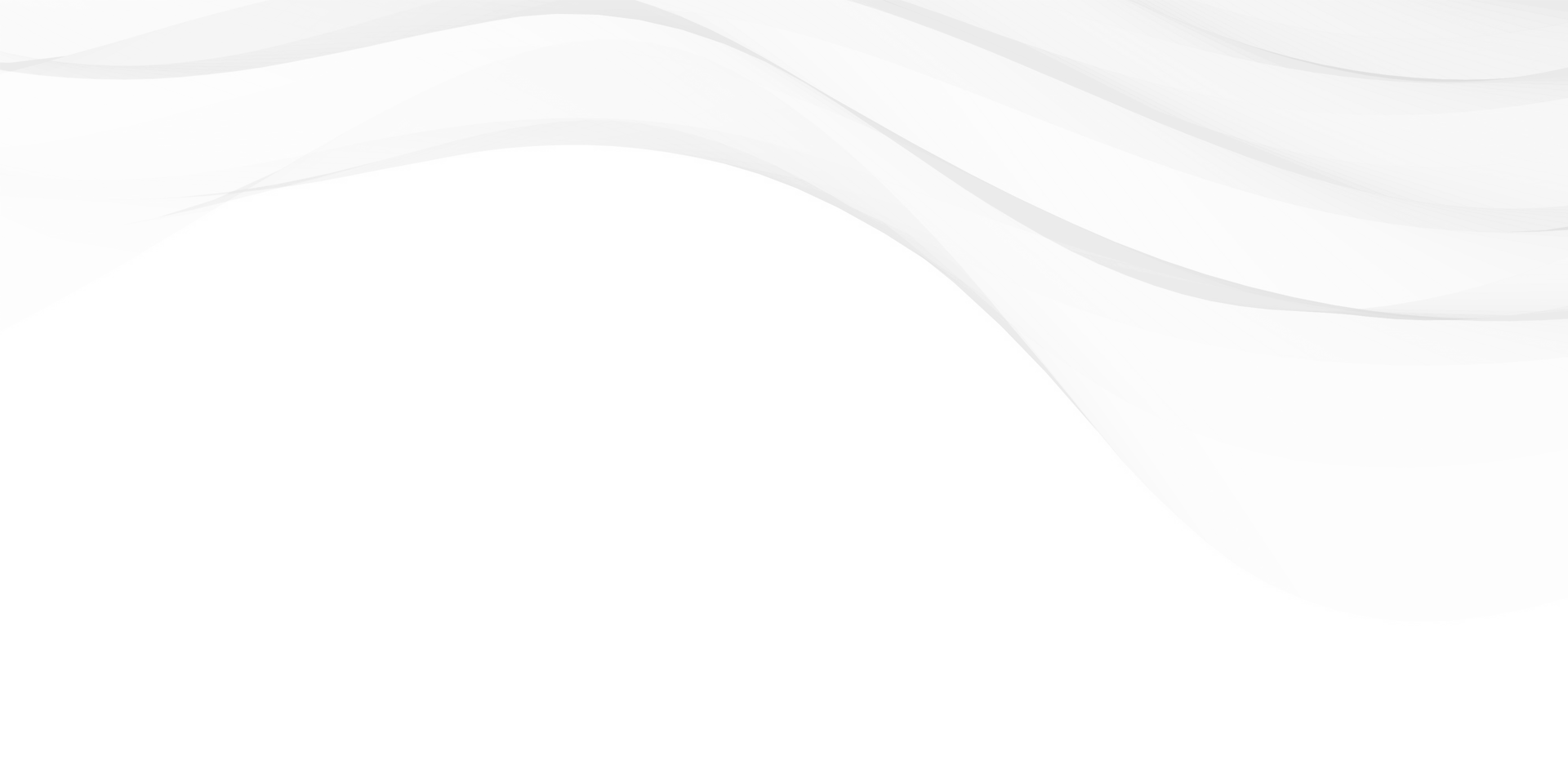Convenience is important so we can often accommodate same-day exams and flexible scheduled appointments. The cost of a CT exam is substantially lower than the cost of the same exam performed at a local hospital. We believe that offering value, without compromise, is the right thing to do.
CT
A Better CT Experience.
What is a CT?
A computed tomography (CT) scan, also known as a Computed Axial Tomography scan, is a fast, painless and noninvasive exam that uses special X-ray equipment to produce images of bones, organs, vessels and soft tissue.
During a CT scan, multiple images are taken and compiled into complete, cross-sectional pictures (or slices) of soft tissue, bone and blood vessels. The resulting images reveal details that are typically invisible or difficult to see in a traditional X-ray.
While CT imaging does use a small amount of radiation, the benefits of an accurate diagnosis far outweigh any risk.
What you should know
Answers to some frequently asked questions.

CT scans do expose you to radiation. Radiation exposure can increase your lifetime risk of cancer. This risk increases with each exposure. Most at risk: Pregnant women and children.
Complications could result from the contrast material used in the study, causing allergic reaction and kidney damage.
Discuss the risks of radiation exposure and possible complications with your healthcare provider to determine the benefit of the exam for you.

Before the test, your technologist will likely ask about:
- Your medical history
- Medications you take
- Allergies
- Whether you are pregnant or trying to get pregnant
- At the healthcare facility:
- A healthcare professional will explain the test and answer any questions you may have.
- You may be asked to remove your clothes and put on a gown or robe.
- You may be asked to remove all jewelry, hair clips, dentures, and other objects that could show on the x-rays and make the images hard to read.
- If your CT scan includes oral contrast material, you will need to drink the contrast material at this time.

You will lay (usually on your back) on a movable bed. The bed will slide into the donut-shaped CT scanner. Depending on the type of scan, an IV line may be placed in your hand or arm. A saline solution and contrast material may be injected into your vein during the test. The technologist will leave the room. You will be given directions using an intercom. The machine will take a series of pictures of the area of your body that is being studied. Your bed may move slightly between pictures.
The test takes about 10-15 minutes, depending on how many pictures are needed. You may feel warm and flushed if contrast material is injected into your vein. Otherwise, you should feel no pain.

CT contrast may be ordered to allow for better visualization of specific organs and blood vessels. An IV will be placed in the vein to allow for the injection of contrast. During the injection, you may feel a warm sensation and experience a metallic taste, which is completely normal. The technologist will review the use of the contrast agent with you prior to the exam and answer any questions you may have.
After the test, call your doctor if you experience signs of an allergic reaction, like hives, itching, nausea, swollen or itchy eyes, tight throat or difficulty breathing.

At UVA Outpatient Imaging of Culpeper we understand that the cost of an imaging exam can be a concern. Our rates for both insured and uninsured patients are substantially lower than the same exam performed at a hospital. We believe that price transparency is important so you can be prepared for your financial obligations, if any. To learn more about what your exam may cost, please click here.

The radiologist will review the CT images and provide a diagnostic report that will be sent directly to your provider. The report is typically available to your provider within 24-48 hours. Many providers plan scheduled time to discuss results with their patients so you could check with their office to see when they will be available to review the information with you.
Prep for your exam
- Please contact the imaging center for specific oral contrast instructions.
- Please contact the imaging center for specific oral contrast instructions.
- Nothing to eat or drink other than water 2 hours before exam.
- Please contact the imaging center for additional oral contrast instructions.
